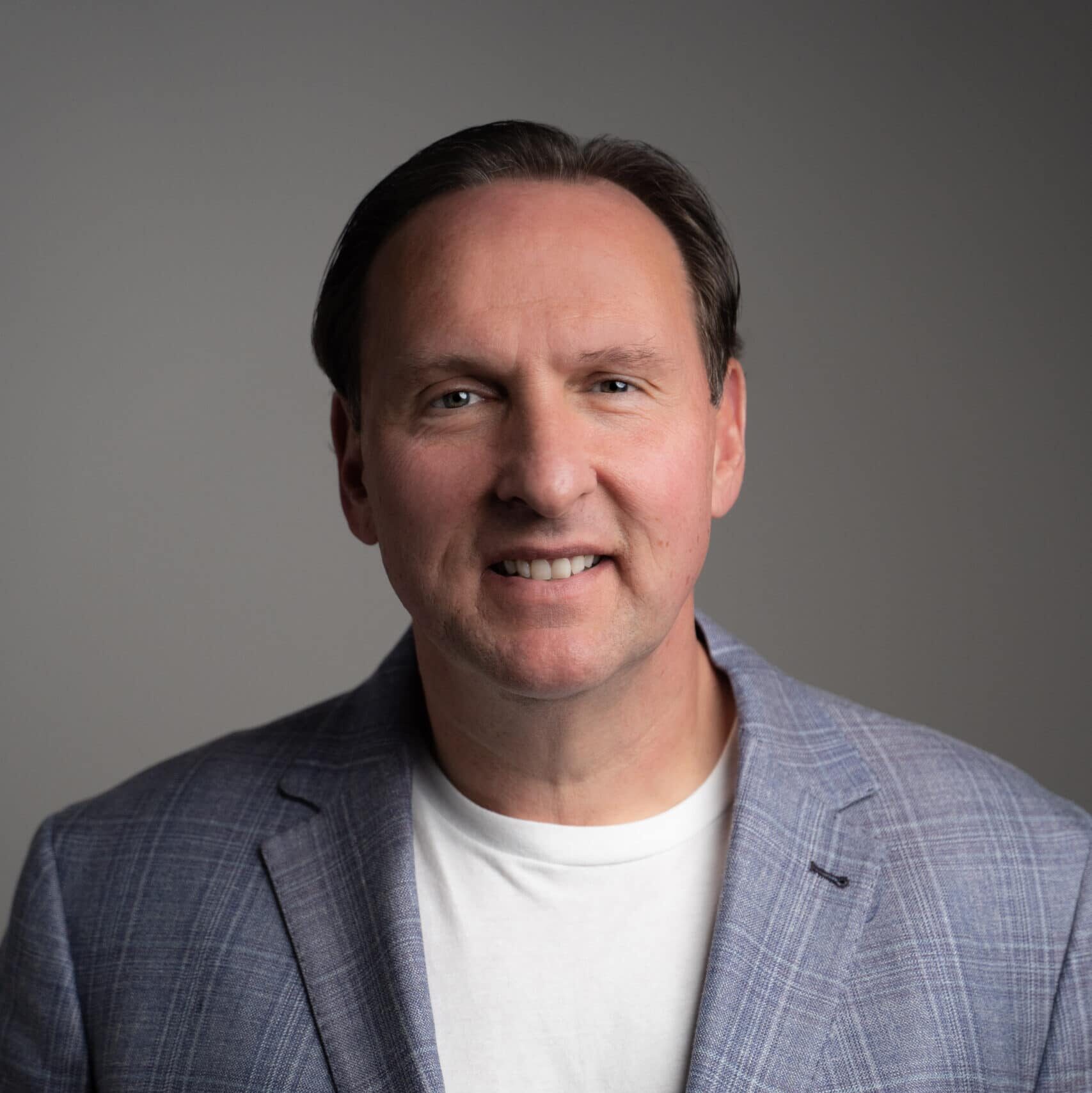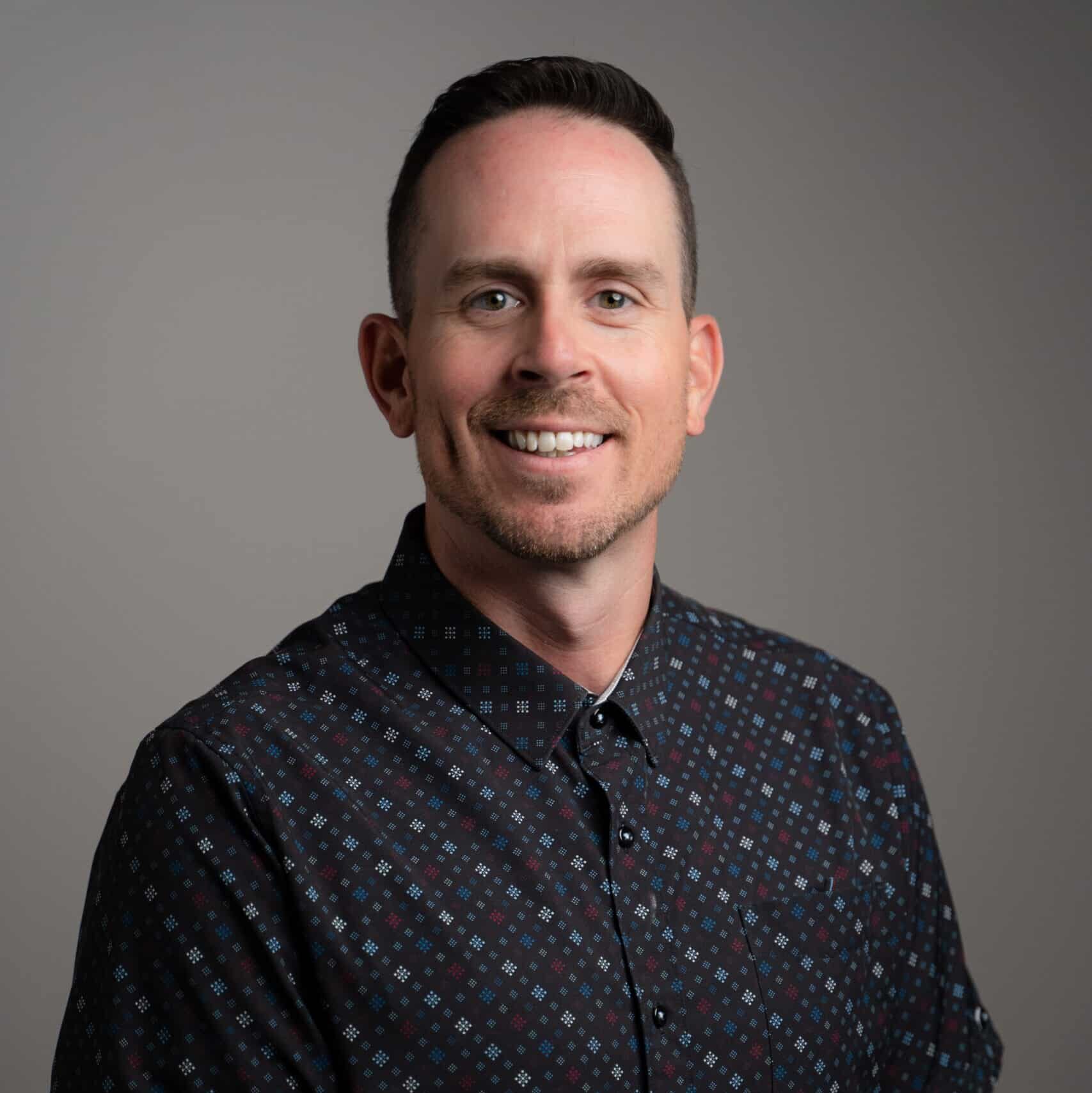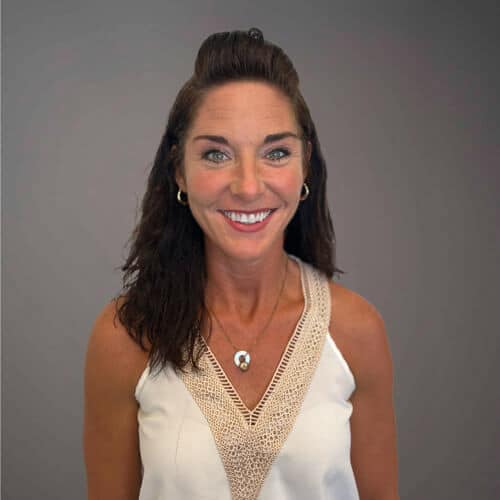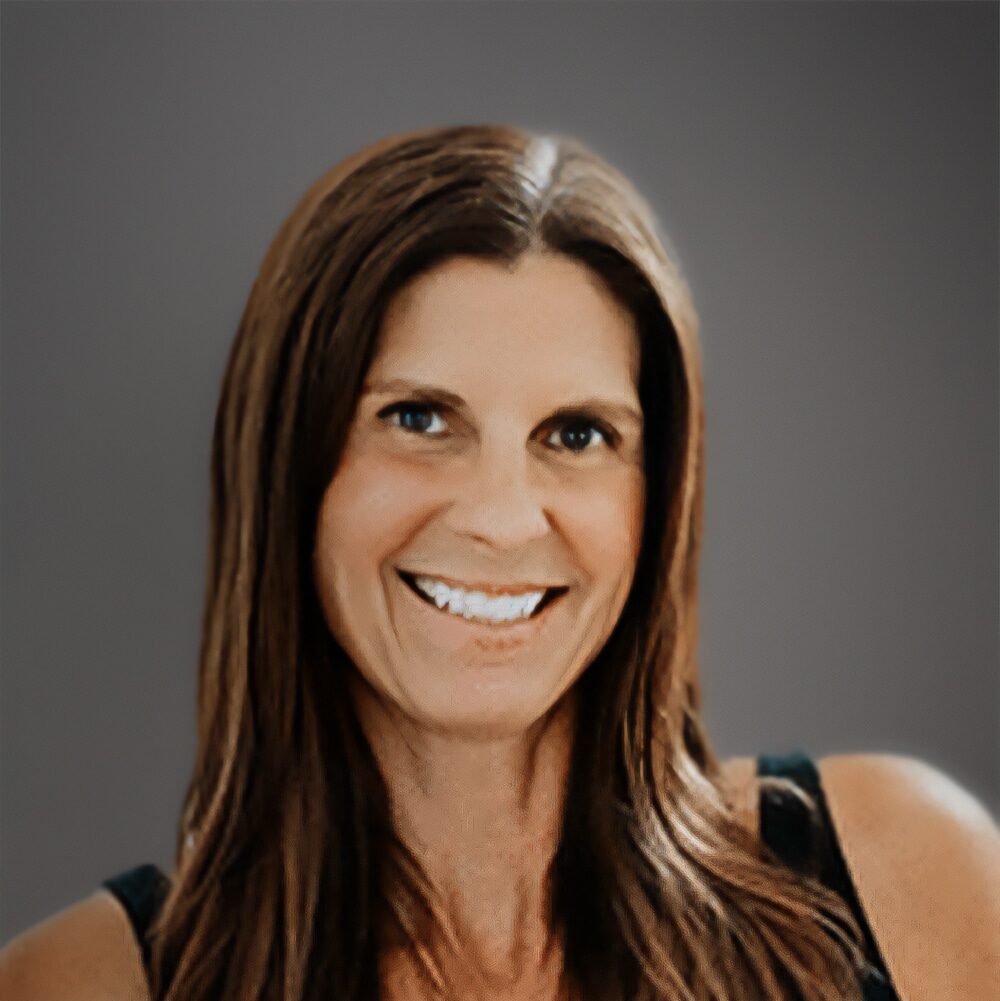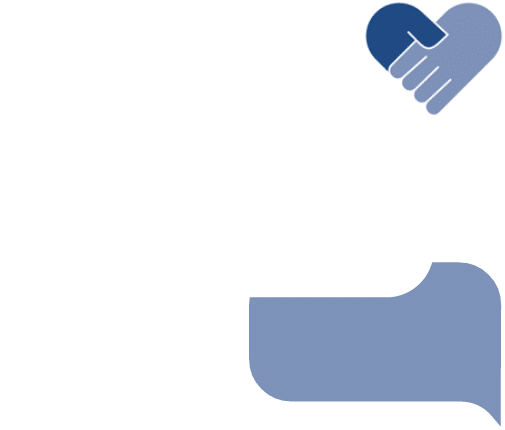Intervention Services in Louisiana for Those in Need of Assistance to Help Address Addiction and Mental Health Concerns with a Family Member or Friend
Our S.A.F.E.® (Self Awareness Family Education™) Intervention Services and Family Recovery Coaching in Louisiana Helps Families Help their Loved Ones with Mental Health and Addiction Struggles Before They Ask for Help or Reach Their Bottom
The most challenging part of an intervention is bringing the family to agreement to act. When a family calls us, they are often torn apart and rarely on the same page as they are all affected differently and have various thoughts about what they believe to be a possible solution. What ends up happening most of the time is family dysfunction and flooded thoughts of reality, which are the driving force behind the decision, and inaction is the most common option chosen. Families in Louisiana and elsewhere do not have to wait for their loved ones to ask for help or hit bottom before doing something. Regardless of where they are, the families that call us are at their bottom, want help, and ask for it. Unfortunately, it only takes a couple of family members with a hidden agenda fueled by a dysfunctional family role to sabotage the efforts of the rest of the group. The ones doing this are not bad people; they have no idea that their acquired dysfunctional beliefs drive them to do nothing or very little about the problem while derailing the efforts and desires of others.
Addiction and mental health disorders are not going to correct themselves. When you think about it, intervention is always required to change the path or trajectory of a problem. In other words, most people will not change something they do not believe is a problem. A loved one with an addiction or mental health disorder problem is not going to address a problem they either do not think they have or think they have, and it is everyone else or everything else’s fault. Add family dysfunction and fear to the mix, and nobody is doing anything about the problem.
How our Addiction and Mental Health Intervention Services Work in Louisiana
The two number one predictors of outcomes in addiction and mental health disorder treatment are the environment and the client-counselor relationship. These are the foundation of Family First Intervention and should be the foundation of any interventionist, therapist, counselor, addiction, or mental health professional. If the environment for the addict, alcoholic, or loved one with a mental disorder is so that the person does not see the need to change, then they won’t. If the interventionists and family recovery coaches you hire cannot connect with your family and your loved one, neither will make much progress; this also goes with your loved one connecting with their treatment team. Family First Interventionist has five intervention coordinators who set appointments and perform assessments, five family recovery coaches who run family sessions and groups, and over twenty interventionists across the country who come to your location. With a large and diverse staff, we make it our mission to try and pair up your family with the most appropriate fit for your aftercare and family recovery coaching while preparing your loved one with the most appropriate treatment plan. Our intervention coordinators do their best to assign your loved ones and your family to the interventionist who will be the right fit. When you speak to that one treatment center or the one interventionist in Louisiana or elsewhere with no team or support staff, you are settling with that one option and significantly reduce your likelihood of incorporating the two number one predictors of outcomes. We have interventionists that service Louisiana, and depending on your loved one, your family, and your needs, you may not be assigned our local professional. It will require us to assign the right fit outside Louisiana.
Addiction and mental health intervention services in Louisiana and elsewhere are not just an event that takes place. In addition to the event, it is a process that requires ongoing guidance and support. It is not uncommon for people to believe an intervention is a speech between your loved one and the interventionist. Although this occurs and is a big part of the intervention, it does not make or break the outcome. Helping your loved one accept help with assistance from the interventionist is relatively easy. The hard work comes after your loved one is in treatment and starts detoxing from alcohol or drugs or is experiencing changes to address their mental health. The volatility afterward is why Family First Intervention has such a large Family Recovery Coaching department. If your family only desires to have someone speak to your loved one so they can accept help and enter treatment, we suggest you ask someone to do a twelve-step call. Twelve-step calls are free and should never be something you pay for. If your interventionist in Louisiana or from elsewhere is only operating alone and has no staff and no aftercare or family support counselors, then they should not be charging you. You can go to your local Alcoholics or Narcotics Anonymous meeting hall and ask the members to talk to your loved one for free. They would be happy to do that, which is part of their service work. If you desire a professional intervention utilizing evidence-based strategies and applying behavioral family therapy while following clinical protocol, we can help.
An intervention is not about how to control your loved one with a substance use or mental health disorder; it is about learning how to let go of believing you can.
Addiction and Mental Health Resources in Louisiana and Elsewhere
Like everywhere else, Louisiana has its fair share of resources available. The problem is not the resources but the need for more effort to exploit them. One of the number one predictors of outcomes is the environment. If the environment for the one with addiction or mental health concerns is comfortable, then the resources are not necessary for them. If the environment for the family is now the new normal and family dysfunction is leading to inaction caused by fear, then the resources available are not desired either. We are making the point that resources are available to help your family and loved ones if you want to accept them.
With all available resources and with the initiative to take advantage of them, not all resources are created equally. We understand that only some people we speak to can obtain the best resources due to a lack of financial resources and insurance coverage. There are options available, and if your family is at the bottom and wants help, we will help. Hiding behind the excuse that no service is available is not valid. We will assist when a family reaches out and is willing to go to any length to support themselves and their loved one. All we ask is that the family put as much effort into trying to help themselves as they expect their loved one to put into helping themselves.
“Many interventionists try to play therapist and clinician while adding on family recovery and coaching services. None of these interventionists is qualified or licensed to do that. Interventionists must stay in their lane after the person accepts help. The best outcomes come from your loved one’s treatment team and the treatment center’s family program. If you choose an interventionist who offers support services after a successful intervention, it will create friction and discrepancies in your loved one’s treatment; we have gone down that road, and it does not work.”
Mike Loverde, MHS, CIP

